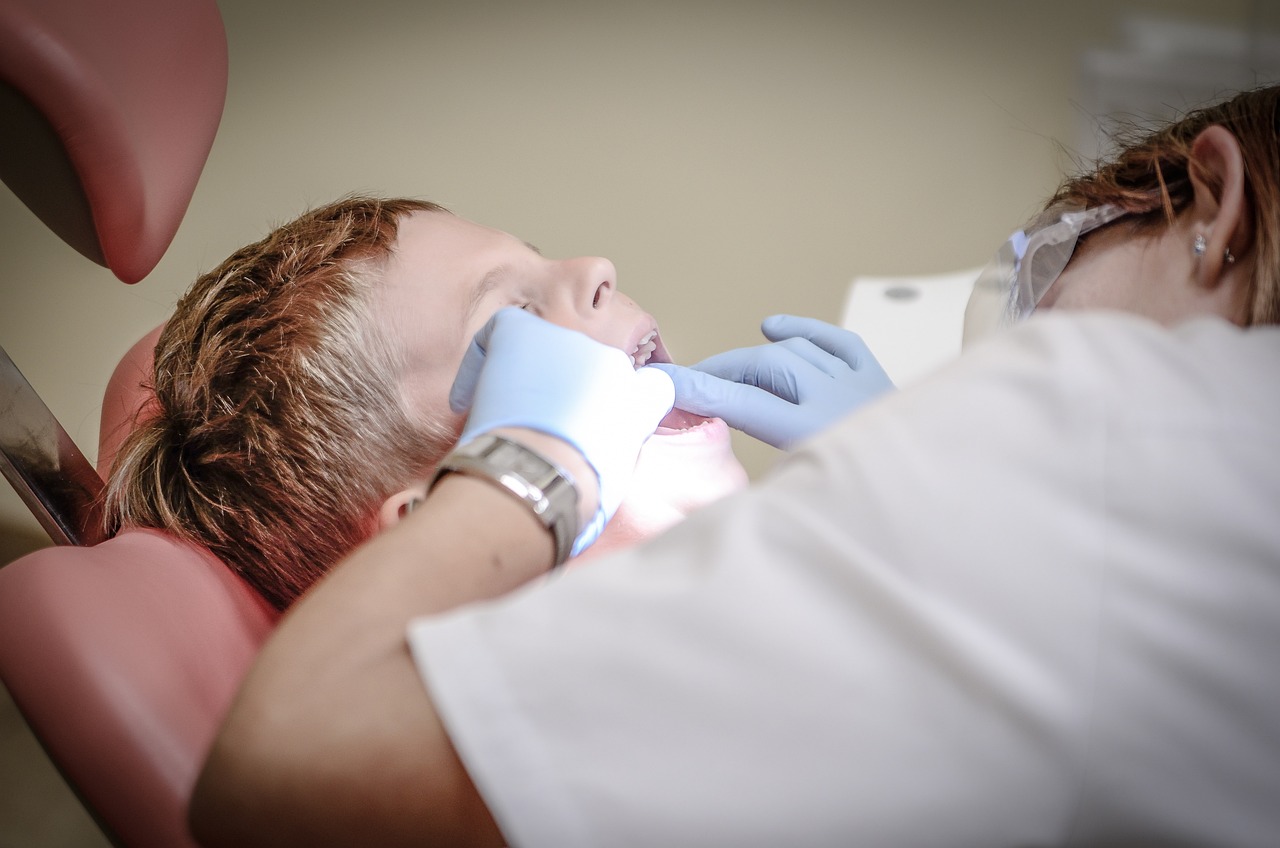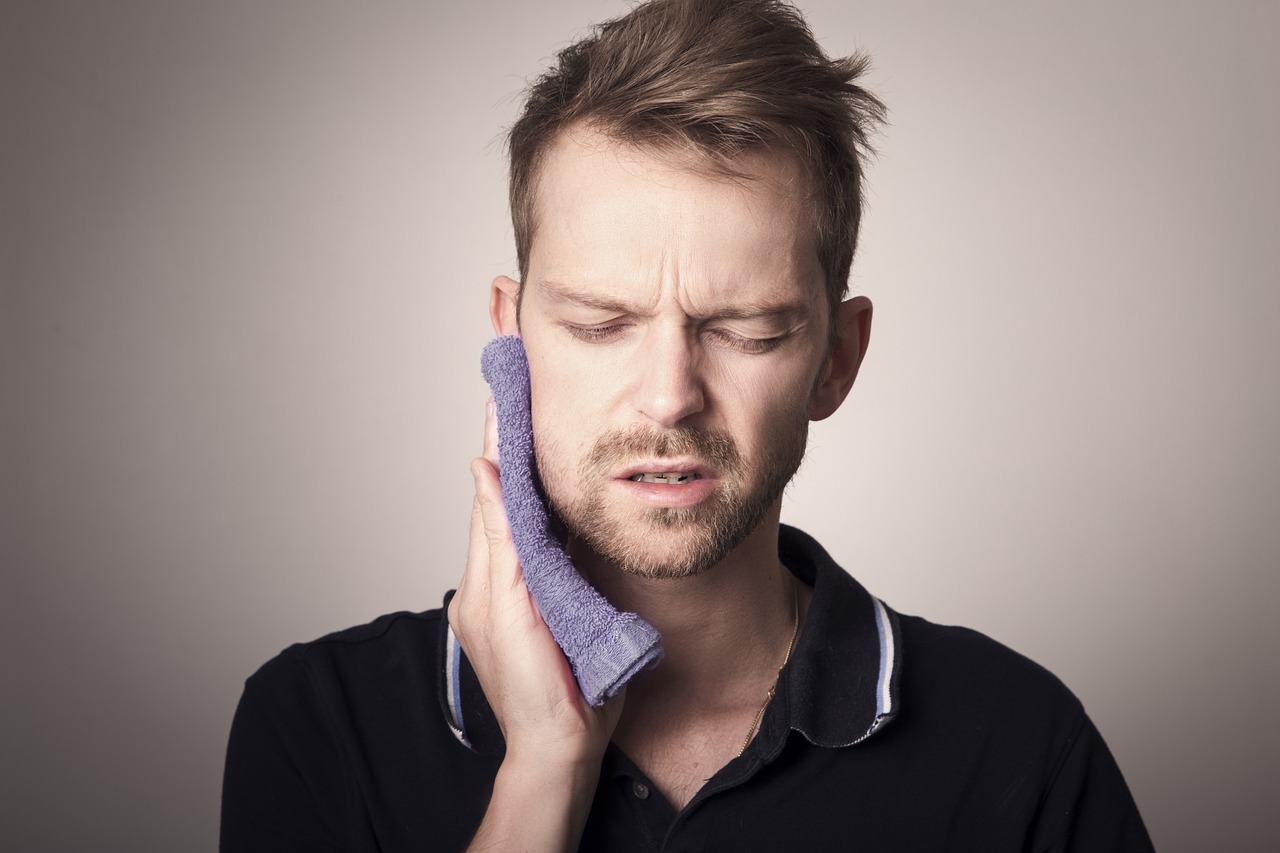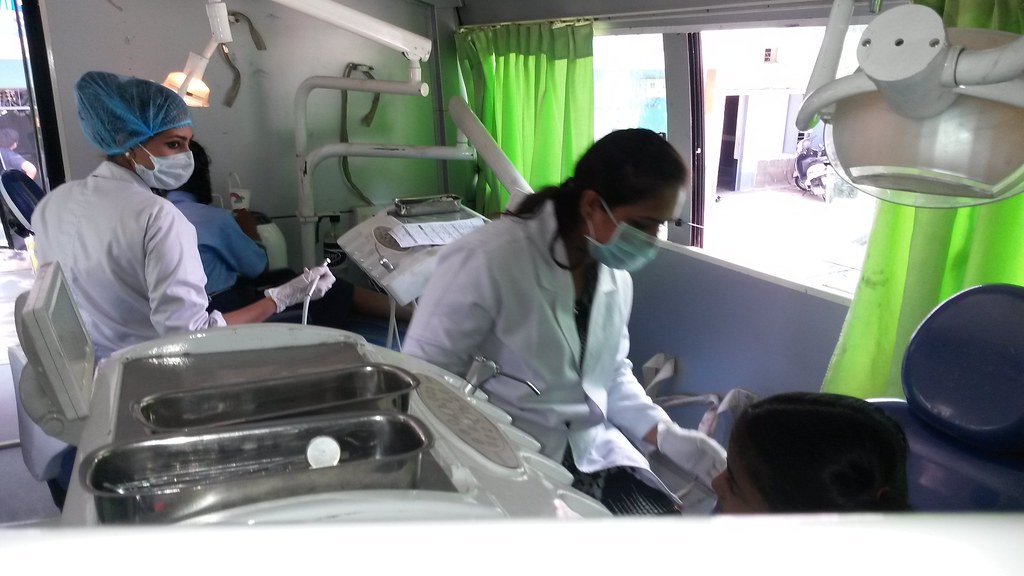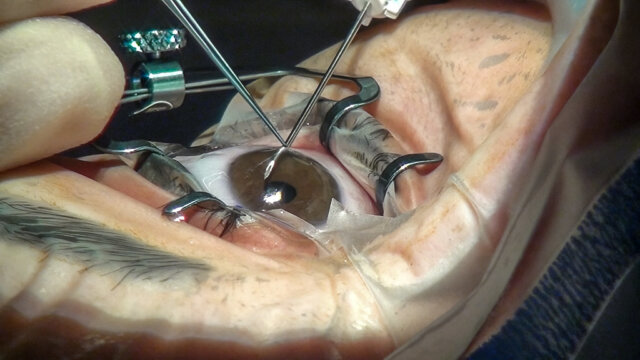FTC disclaimer: This post may contains affiliate links and we will be compensated if you click on a link and make a purchase.
Oral surgery, while crucial for addressing various dental issues, is not the end of the road. Proper post-surgery dental care is paramount to ensure a healthy and speedy recovery.
In fact, the importance of maintaining oral hygiene after oral surgery cannot be overstated. This is the time when your oral health needs the most attention to prevent complications and promote healing.
But fear not, we aim to guide you through the maze of post-surgery oral care with this comprehensive guide.
This guide will provide essential tips and strategies to help you maintain oral health after surgery.
From the gentle swish of warm water to the careful replacement of gauze, every step has its significance in your recovery journey.
So, let’s dive into the world of post-surgery oral care and ensure your smile stays as beautiful and healthy as ever.
Understanding Oral Health and Surgery
Oral health is not just about maintaining a radiant smile. It’s a gateway to your overall health, acting as a mirror reflecting your well-being.
Oral health and overall health are intrinsically linked, with your mouth being the entry point to your digestive and respiratory tracts.
Therefore, any bacterial imbalance in your mouth due to a lack of oral hygiene can lead to various health issues, including oral infections and tooth decay (source).
Common Dental Procedures and Surgeries
Modern dentistry has evolved significantly, with several procedures and surgeries available to address various oral health problems.
However, most dental care continues to be provided in private practices, led by teams of dentists, hygienists, and office personnel.
Moreover, initiatives are increasing to improve access to dental care, particularly for the most vulnerable (source).
The Importance of Post-Surgery Care
After undergoing any dental procedure or surgery, proper post-surgery care is essential. It helps control bacterial levels, prevents infections, and ensures a smooth recovery.
Remember, taking care of your oral health is an investment in your overall health (source).
Factors Affecting Oral Health After Surgery
Undergoing surgery, particularly invasive procedures such as reconstructive or flap surgery, can significantly affect oral health (source).
Factors such as the patient’s nutritional status and the extent of the surgical procedure can increase the risk of developing dental issues post-surgery.
It’s akin to a garden – healthy soil and careful tending reduce the risk of plant diseases, just as good preoperative oral health can mitigate postoperative complications.
Risk Factors for Dental Issues Post-Surgery
Severely invasive surgery and poor nutritional status are predictive risk factors for postoperative complications in the oral cavity (source). Like a storm looming over that garden, these factors can wreak havoc on oral health.
Correlation Between Surgery and Poor Oral Health
The importance of preoperative oral health care is underscored by a study showing its potential to reduce the risk of surgical site infection (source).
Think of it as reinforcing the garden’s fence before the storm – a preventative measure that can significantly impact the outcome.
Importance of Post-Surgery Dental Care
Post-surgery dental care is not just about healing – it’s about maintaining good oral health.
Ignoring these instructions could potentially undo the good work done during the procedure and cause complications.
After oral surgery, patients may need to brush their teeth a certain way or be aware of certain sensations. These post-operative instructions are provided to guide patients through the recovery period and ensure their teeth’ long-term health.
Proper oral care post-surgery can prevent future dental issues. This includes procedures such as crowns and bridges, deep teeth cleaning, dentures, extractions, fillings, root canals, implants, and gum surgery.
Tips for Maintaining Oral Health after Oral Surgery
After undergoing oral surgery, maintaining oral hygiene is critical for a smooth recovery. Here are a few expert tips to ensure your oral health doesn’t take a backseat during this period.
1. Gentle Brushing
While brushing is necessary, it’s crucial to avoid the surgical site and brush gently. Rigorous brushing can cause discomfort and may potentially harm the sensitive area. (source)
2. Flossing: To Do or Not to Do?
If you’ve had a gum procedure, it’s recommended to temporarily suspend flossing until the dentist gives the green light. This helps avoid unnecessary complications.
3. Rinse with Warm Water
Dr. Chang suggests gently swishing warm water in your mouth 5-6 times daily, especially after meals. This aids in removing food debris without disturbing the surgical site.
Remember, keeping your mouth clean is paramount to successful healing and recovery post-oral surgery.
Common Concerns and Questions about Post-Surgery Dental Care
Post-surgery dental care raises common concerns such as pain, swelling, sensitivity, and potential complications. Understanding how to manage these issues and when to seek professional help is crucial.
Pain and Swelling
Discomfort is expected after dental surgery, but over-the-counter medication like Ibuprofen or Acetaminophen should provide relief. If the pain persists, it’s advisable to contact your dental office.
Sensitivity
Some sensitivity is normal after dental procedures. Avoid hot or cold foods and drinks to reduce discomfort.
Potential Complications
Complications can include dry sockets, infection, or damage to adjacent teeth. Follow after-care instructions meticulously to avoid these issues. If symptoms worsen, seek immediate professional help.
Frequently Asked Questions
- What can I do to reduce swelling? Apply an ice pack to the swollen area in 20-minute intervals.
- How can I prevent infection? Maintain good oral hygiene and follow all after-care instructions provided by your dentist.
- When should I seek professional help? If pain or swelling increases or if you suspect an infection, contact your dentist immediately.
Remember, knowledge is power when it comes to maintaining oral health after surgery.
Potential Risks and Infections after Oral Surgery
Undergoing oral surgery, such as implant placement or tooth extraction, inherently carries a risk of post-operative infection, albeit a low one for most patients.
However, those with compromised immune systems or poor oral hygiene are at heightened risk.
Infections can manifest as persistent numbness, swelling, difficulty swallowing, unmanageable pain, bad breath, a lingering bitter taste, and fever. If any of these symptoms arise, contacting your dentist promptly is crucial.
Preventing infection largely hinges on post-operative care. Dentists provide detailed instructions and may prescribe medication or antibiotics.
Key preventative measures include avoiding tobacco use, using prescribed or salt water rinses, and refraining from actions that could disrupt healing, like sucking on straws.
Regular check-ups are essential for oral health professionals to identify and treat potential risks. Infections significantly threaten oral and overall health, hence the importance of preventative care and prompt treatment.
Post-Surgery Care for Specific Procedures
Post-operative care is a shared responsibility between the medical team and the patient, particularly in cases such as cataract surgery.
As emphasized by experts, the patient’s adherence to the treatment plan and punctual attendance at follow-up appointments are crucial in ensuring excellent outcomes.
Patients are advised to avoid strenuous activities and heavy lifting for a few weeks post-surgery to prevent an increase in eye pressure, as advised by Dr. Allen Omid Eghrari. Positions that place the head below the waist should also be avoided.
Medications such as topical steroids and antibiotics, as well as non-steroidal anti-inflammatory drugs (NSAIDs), play a vital role in the recovery process, and their usage must be strictly followed as per the prescribed plan.
Additional Precautions for Patients with Concurrent Surgeries
Patients undergoing concurrent surgeries, such as cataract surgery and dental work, must take additional precautions.
Communicating with your ophthalmologist and dentist is essential to ensure a coordinated and effective post-operative care plan.
Conclusion
In light of all the information provided, it’s evident that maintaining oral health after oral surgery is paramount.
The journey to full recovery involves proactive oral hygiene management, compliance with post-surgery care instructions, and regular dentist visits.
Remember, the aim is to prevent complications such as infections and accelerate healing. Trust that your commitment to good oral health positions you to avoid potential setbacks, thus ensuring a smooth recovery process. If you have any concerns, don’t hesitate to consult with your oral health provider promptly.
Ultimately, the key takeaways from this comprehensive guide are to adhere to proper oral care techniques, be mindful of diet changes, and follow your treatment plan religiously. Doing so lets you optimally maintain your oral health status and brighten your smile post-surgery.




![Aloe vera for Acne: Is Aloe Vera good for acne? [Ultimate Guide]](https://healthyious.com/wp-content/uploads/2020/01/Aloe-vera-for-Acne-Is-Aloe-Vera-good-for-acne-Ultimate-Guide-640x360.jpg)





